During the 1990s, MSF teams made a bitter observation: we were failing to treat some of our patients suffering from infectious diseases, while in developed countries, remarkable progress was being made in the field of health. Two decades on, medicines in developing countries are still either too expensive, aren't suitable to be used in many of the contexts in which we work (for example, in hot, humid conditions or where there's a lack of electricity), or simply don't exist for the diseases we need to treat.
In 1999, we launched the Campaign for Access to Essential Medicines, now known as the Access Campaign. Its mission focuses on three areas: overcoming barriers to access to essential medicines, stimulating research and development for neglected diseases, promoting health exceptions to global trade agreements.
In 2003, MSF joined several research institutes, including the Institut Pasteur, to create the Drugs for Neglected Diseases initiative (DNDi), a non-profit research and development organisation engaged in research and development of new treatments for neglected diseases.
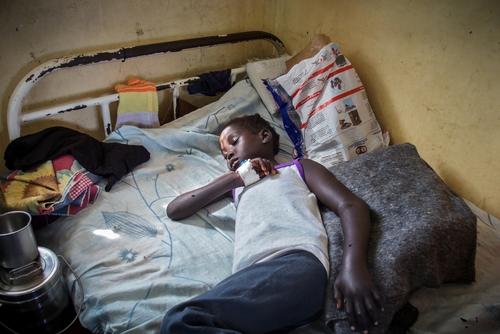
Little hope of a cure for the most vulnerable
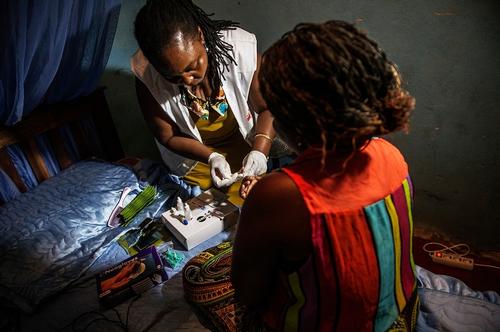
Reaching out to sex workers in the Beira corridor
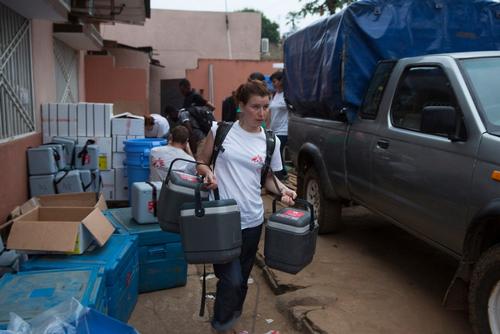
MSF teams help curb yellow fever
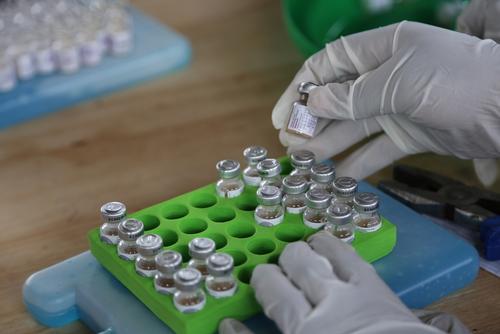
G7 fail to address the biggest threats to global health
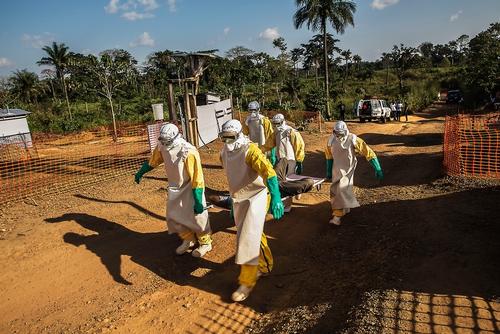
MSF calls on G7 leaders to urgently address the critical gaps in global response to public health emergencies and unite to lower the price of live-saving medicines

Shorter TB regimens offer new hope
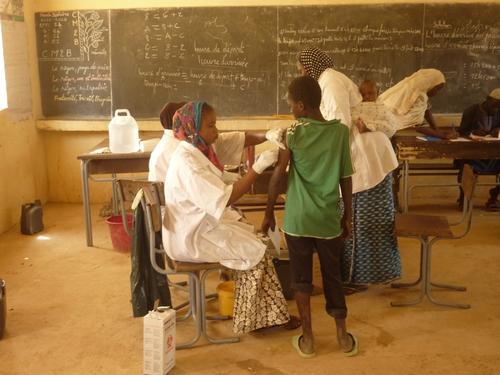
MSF responds to a meningitis epidemic
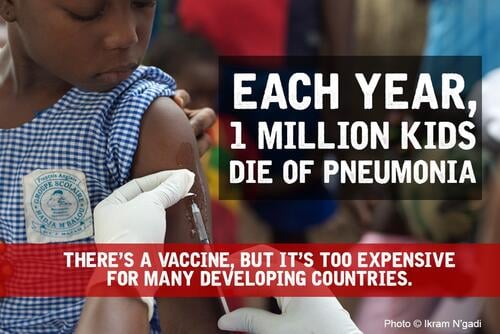
2,500 flowers are placed in front of Pfizer’s HQ, representing number of children who die of pneumonia each day.








